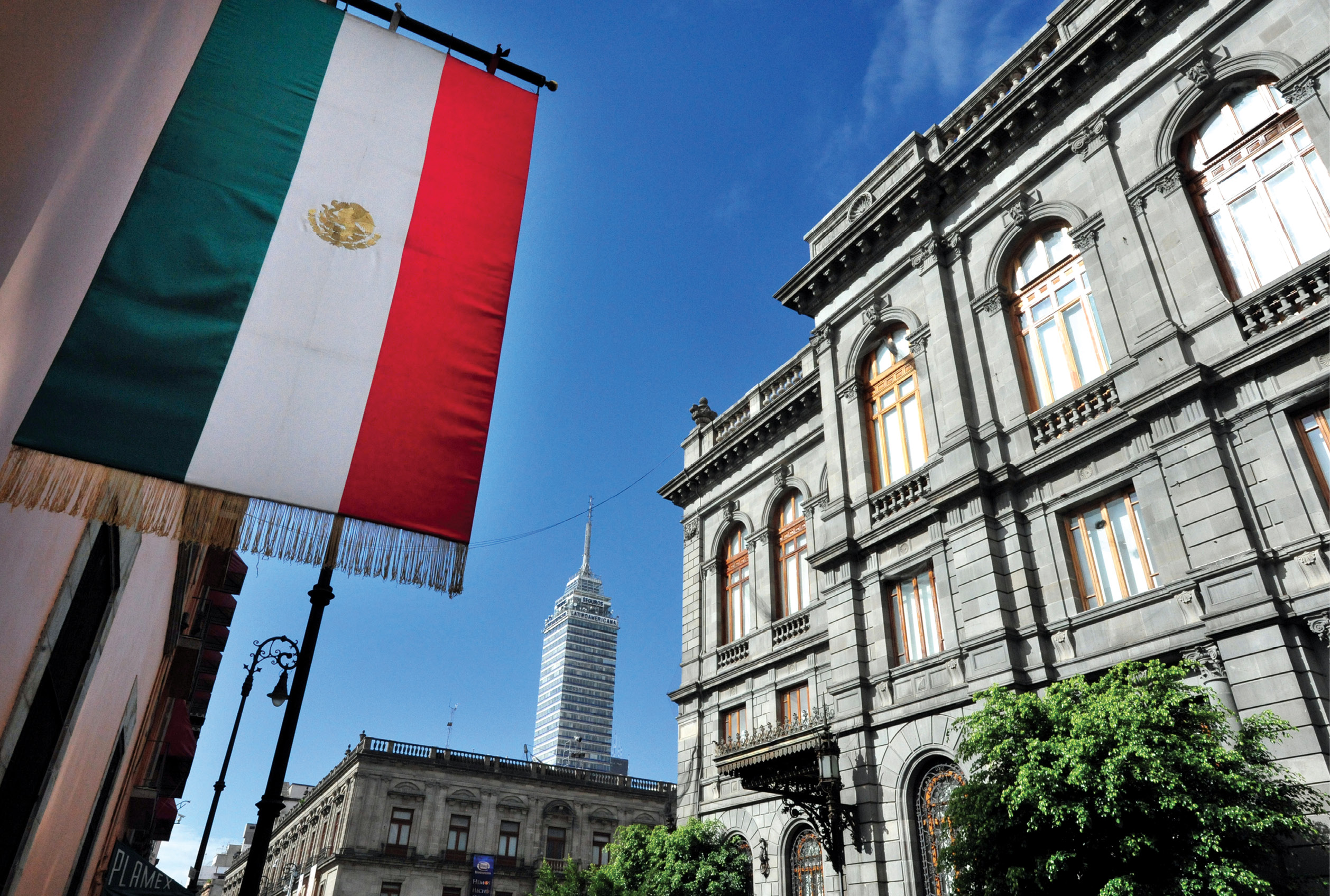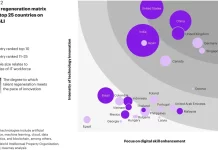“I’m shocked, shocked to find that gambling is going on here,” says Captain Louis Renault of the Casablanca police upon entering Rick’s Bar. A croupier approaches: “Your winnings, sir…” “Oh, thank you very much,” he says.
Just a line from an old film, but one that resonates still. The casual, unashamed corruption of a Vichy chief of police in wartime North Africa would be recognised today in much of Latin America. Corruption is the canker that has eaten away at the very structure of a region which should have everything going for it; a rich and fertile land of abundant natural resources.
In 2004, Casals and Associates undertook an investigation for the United States Agency for International Development (USAID) on corruption in Latin America. It made grim reading. The report found widespread and systematic corruption. Measures adopted for the combat of dishonesty were not only inefficient, said the report, but the institutions charged with implementing them were also riddled with corruption.
Worse still, whereas once the common perception of corruption in Latin America was that it was just a cultural feature, it had come to be accepted as the only way to do business.
Akaash Maharaj, executive director of Global Organisation of Parliamentarians Against Corruption (GOPAC) compares corruption to war crime. Many thousands die each year as a direct result, he says: “This is not merely stealing money; political corruption kills more people than war and famine put together.”
Its roots are complex. Many Latin American countries employ confused and redundant legal systems; byzantine bureaucratic procedures and regulations; inefficient oversight and control systems; and, crucially, a lack of political will to combat it.
While the lawmakers pass down ever greater swathes of legislation, the complexities are such that most are by-passed or ignored, making it easier for corrupt practices to flourish. Bribery is accepted as a normal part of commerce.
The World Bank’s Ease of Doing Business index of 189 countries ranks Argentina at 121. Brazil is currently at 116. Venezuela, unsurprisingly, is ranked at 186th. Leaving aside the tragedy of Venezuela, which is on the brink of bankruptcy, the two biggest villains are Brazil and Argentina.
Official advice from the British government to those thinking of doing business in Brazil and Argentina doesn’t actually mention the need to budget for bribes – but the advice does urge caution. Employing local people who “know their way around” is seen as an essential. There is no doubt that there is potential in these countries, but it is buried under deep layers of bureaucracy.

Culture of Tolerance
There is a culture of tolerance of corruption in Brazil. Politicians who have been convicted of corruption are often re-elected by voters who seem to accept that crooked behaviour is a fact of life.
The country is experiencing a tough recession because of the global fall in prices for oil, iron ore, and soya – Brazil’s main exports. The economy is shrinking – down 3.8% last year – unemployment is high, and inflation soaring. Despite recent convictions of politicians and businessmen for corruption, the Brazilian Supreme Court’s efforts still have a long way to go.
Income tax evasion in Argentina runs at 60%. In 1913, Argentina was the 10th richest nation on the planet – ahead of France and Germany. Today it is in 66th place. The country is bedevilled by a combination of barriers to efficient business. Setting up a business in Argentina involves a snowstorm of form-filling and permission-seeking – and it takes ages
An honest businessman in Argentina is at a big disadvantage. According to figures released by the World Bank, Argentina’s total tax rate – which is a measure of taxes payable by businesses after deductions and exemptions, as a share of commercial profits, currently stands at 137% – which, self-evidently, would cripple any honest business.
Marcelo Bergman, the author of Tax Evasion and the Rule of Law in Latin America, says that people see that their neighbours are cheating the system and getting away with it – so they cheat too. It’s a never-ending cycle that can only be broken by a “shock and awe” blitz on everyone by the tax authorities, he says – a rather unlikely prospect in most of Latin America.
In both Brazil and Argentina, crime is endemic – for individuals and businesses. Successful entrepreneurs tend to deal in stable foreign currencies, and salt away profits in overseas accounts and bonds. Many companies trade off the books to avoid crippling levels of taxation, but that leads to its own problems. No entrepreneur who avoids tax could ever sell his business on.
Every so often, in an effort to recoup some of the lost tax, the Argentine government offers an amnesty which allows dodgers to pays a small percentage of what they owe, and become legal again – which penalises the honest companies who paid their bills all along. This is another incentive to cheat the system.
Bright Spots
There are a couple of bright spots in the region: Chile and Uruguay, which are seen as generally clean of corruption. Chile’s long Pacific Ocean coastline has helped it look outward for trade and investment. After the departure of dictator General Pinochet in 1990, Chile rebuilt its institutions and managed to crack down on corruption and bribery.
The country now has that most unlikely Latin American advantage – a balanced budget and low inflation (2%). A free trade agreement with the USA has also led to a surge in trade.
Uruguay, another former dictatorship, has, in the last five years, developed practical and realistic economic policies which favour business and foreign investment. GDP is growing at an average annual rate of 5%.
In Mexico, where the price of doing business has always involved kickbacks, the anti-corruption movement is making headway. The cornerstone, as with all efforts to clean up corruption, is transparency. The initiative aims to impose disclosure rules on all public servants, at all levels – including revealing personal assets and possible conflicts of interest.
The Mexican drive to eradicate corruption comes from the grassroots, and if it succeeds the hope is that it will serve as a model for the rest of Latin America.
Throughout the region the response to demands to clean-up corruption in the past has driven the authorities to “round up the usual suspects” – usually low-level officials; enough to satisfy the popular demand for justice, but leaving those further up the crooked ladder, untouched.
But the world is keeping its fingers crossed that corruption can be beaten – and if that happens, it could be the beginning of a beautiful friendship.

































